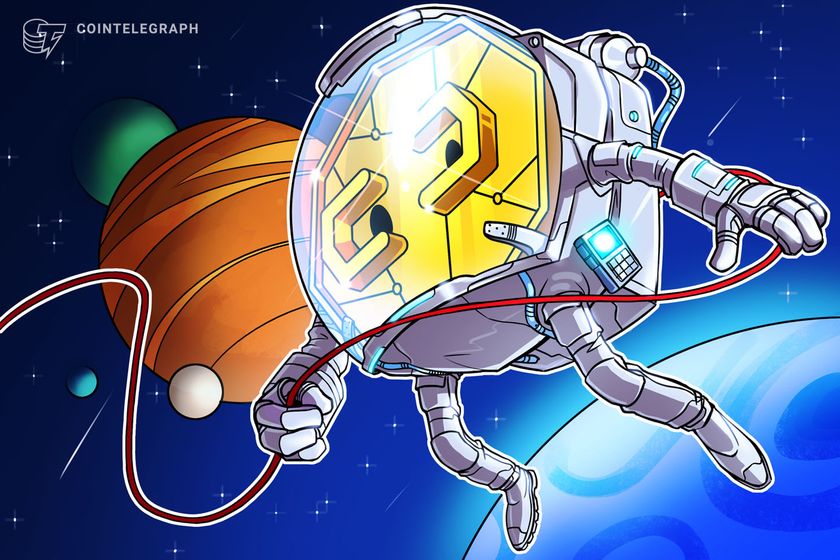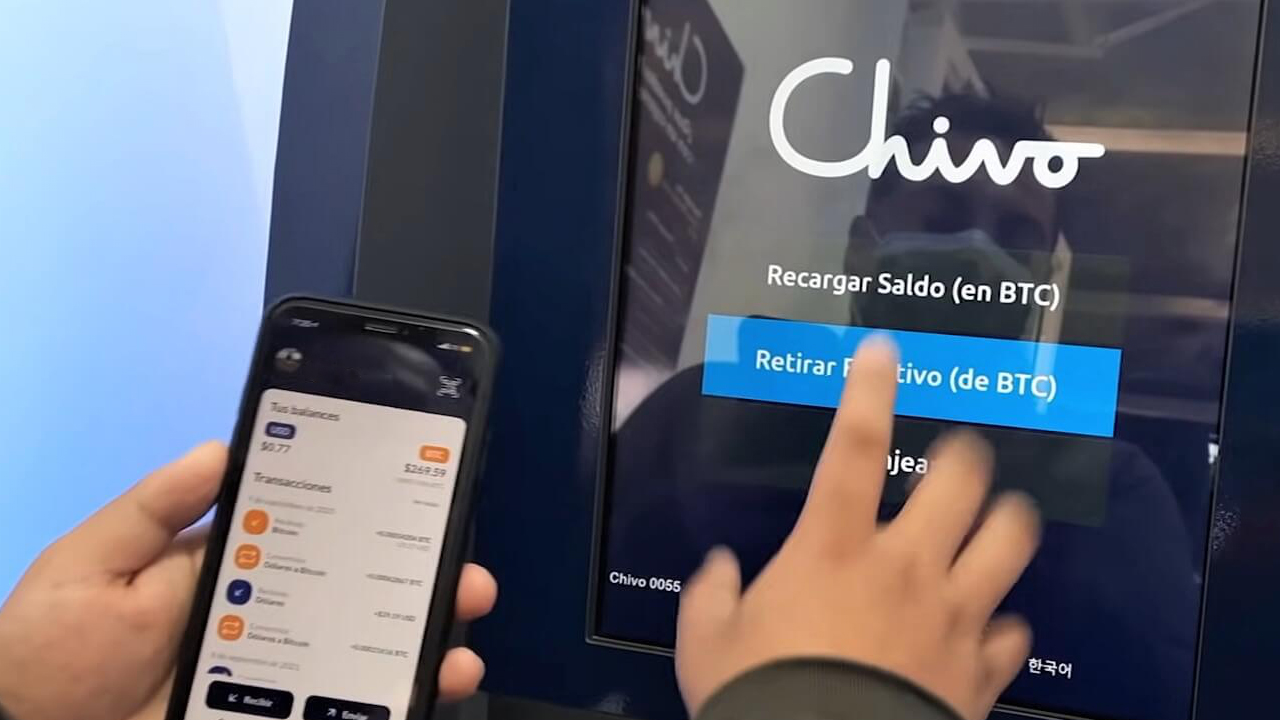
The Bitcoin wallet belonging to Terra amassed a further $139 million in Bitcoin, bringing its total coffers up to 31,000 BTC or $1.47 billion.
Watch out Michael Saylor! Do Kwon, CEO of Terraform Labs, is hot on the heels of MicroStrategy’s CEO. The Terra wallet has now amassed almost $1.5 billion in Bitcoin (BTC) following another huge BTC purchase.
The wallet address thought to belong to Terra (while not officially confirmed) received another 2,943.00002511 BTC ($139 million) on Wednesday. Wallet alert accounts on Twitter have been tracking the wallet.
The wallet began amassing colossal amounts of Bitcoin on Jan. 21 and has not sold a single satoshi.

According to the chart, while the wallet first injected almost 10,000 BTC on Jan. 21, it began stacking sats in earnest on March 22. The timing coincides with announcements from the CEO, who stated, “$UST with $10B+ in $BTC reserves will open a new monetary era of the Bitcoin standard.”
TerraUSD (UST), an algorithmic stablecoin, would be pegged to the value of the United States dollar, and the value of these “dollars” would be backed by Bitcoin reserves. Terra’s native token, Terra (LUNA), will also play a role in the creation of the stablecoin.
As a result, Kwon has been stacking sats harder and faster than even the biggest Bitcoin bulls. According to BitcoinTreasuries, Terraform Labs will soon sidestep Tesla as the second-largest holder of Bitcoin, with MicroStrategy in its sights.

Related: MicroStrategy subsidiary will purchase Bitcoin after closing $205M crypto-collateralized loan
Ultimately, Kwon’s aim — as he says in the following video — is to ensure his Bitcoin coffers rival that of Satoshi Nakomoto, the anonymous creator of Bitcoin.
Just getting started pic.twitter.com/dJrkf6YfrR
— TerraLunaaaa (@TerraLunaaaa) March 30, 2022
Meanwhile, with lackluster price action over the past 72 hours, it would appear that Terra’s buys are propping up the Bitcoin market, while LUNA is hitting new highs.
















